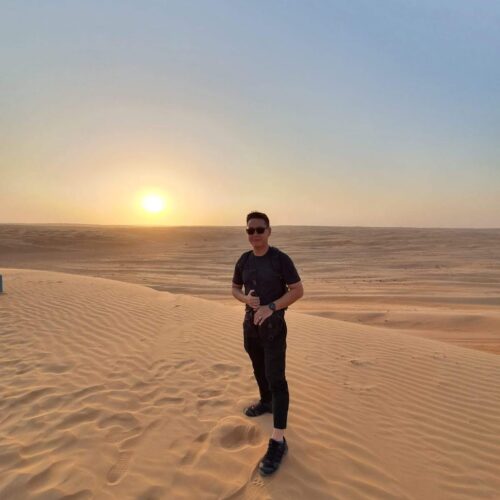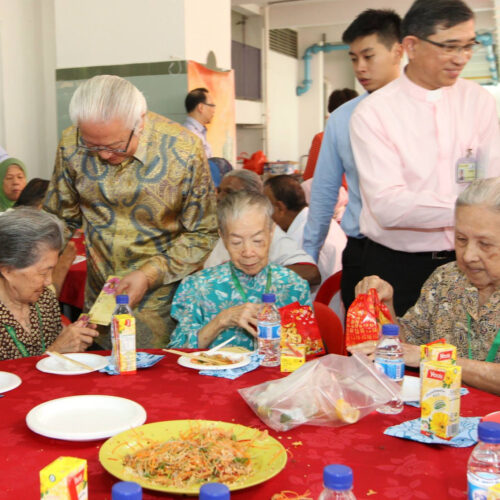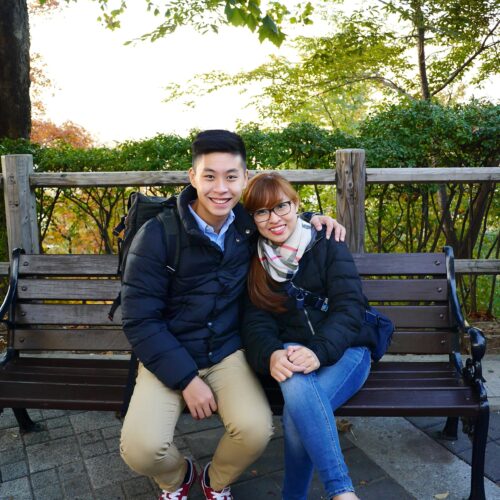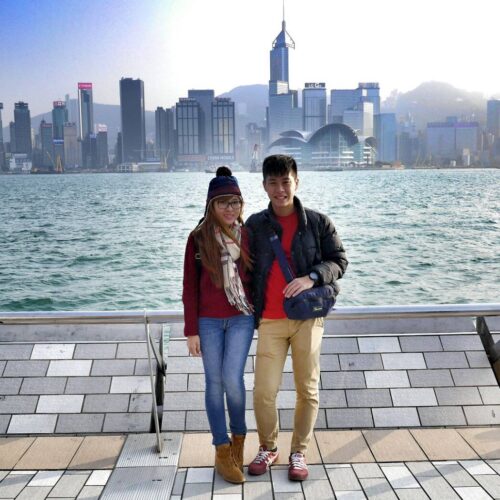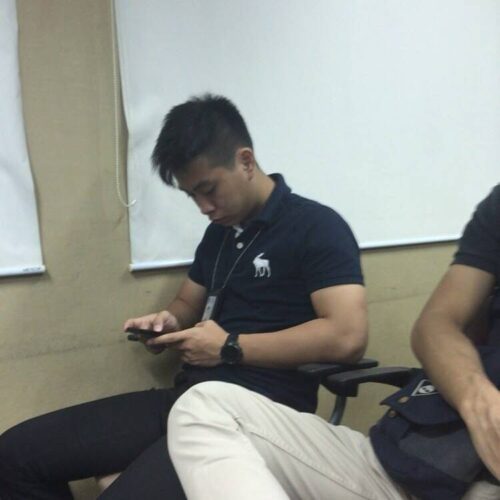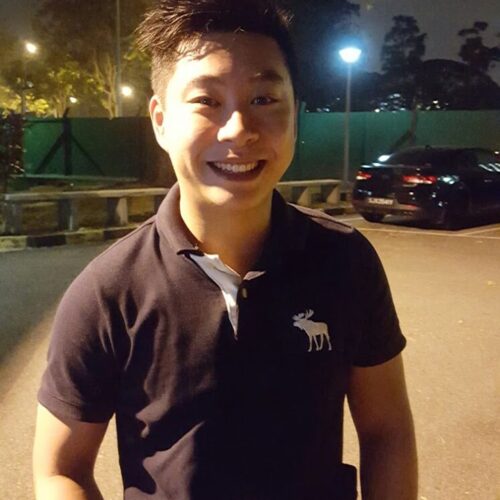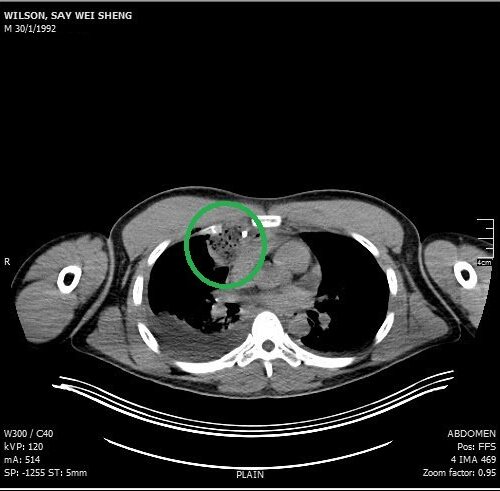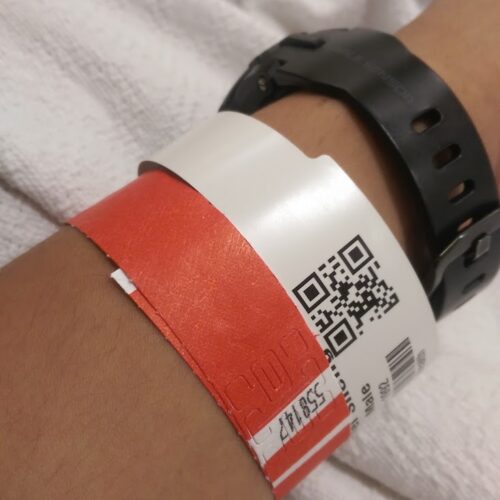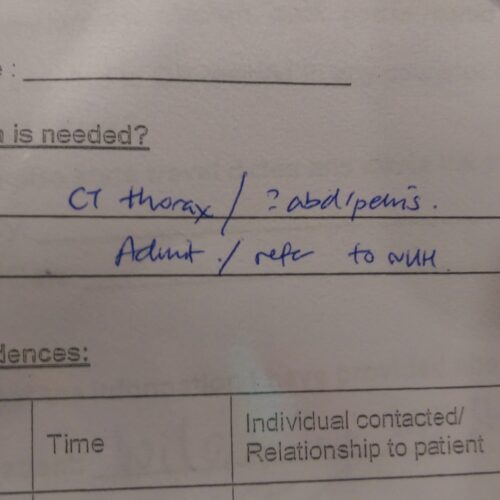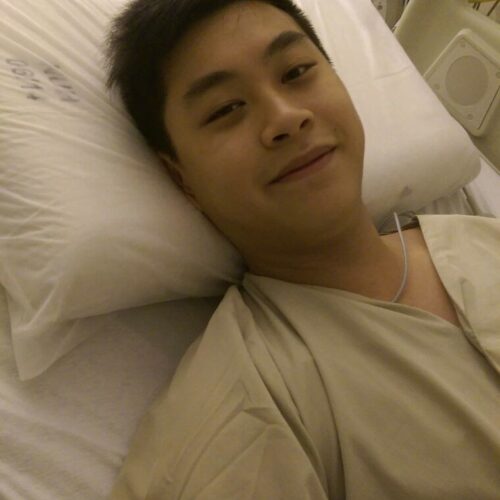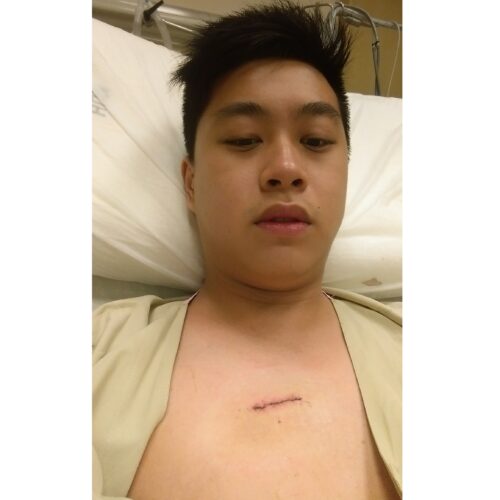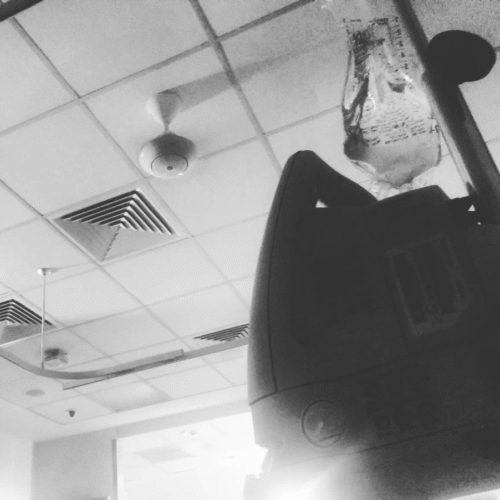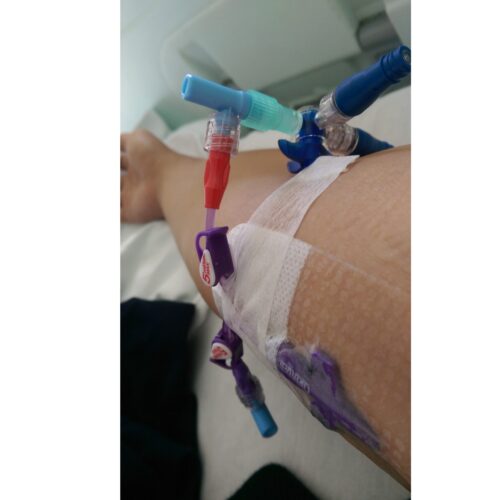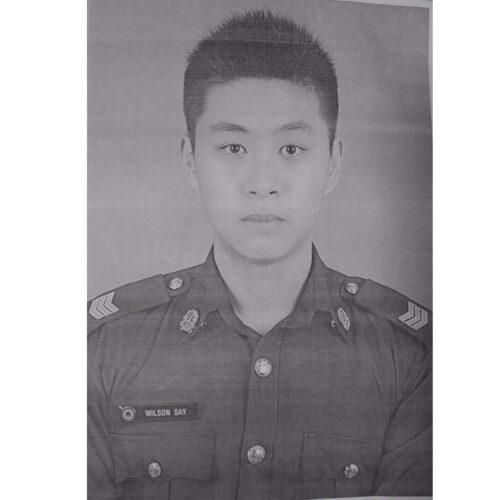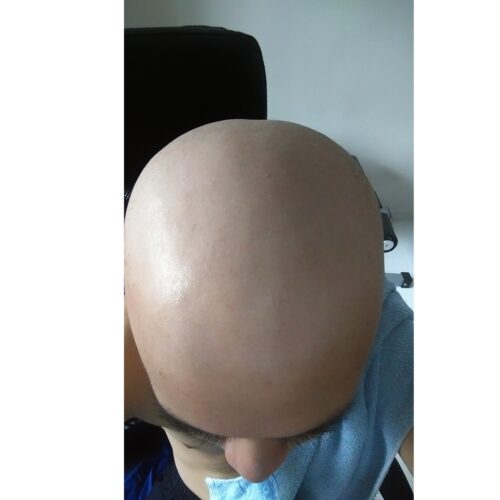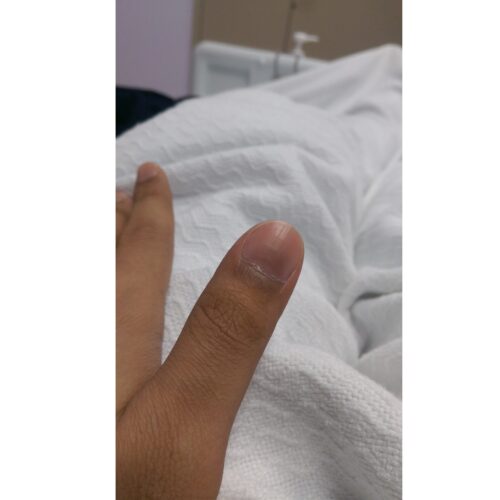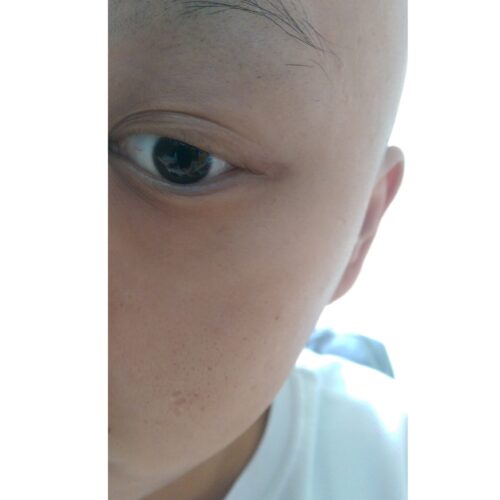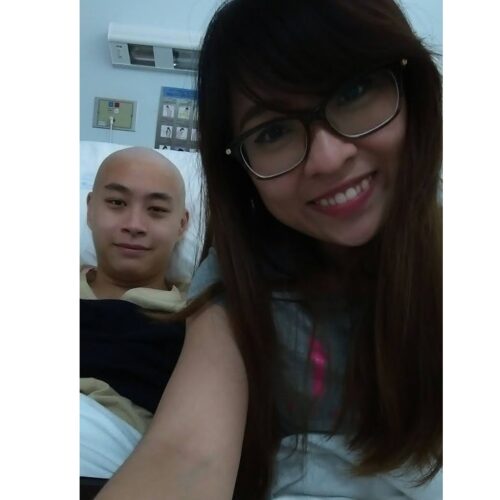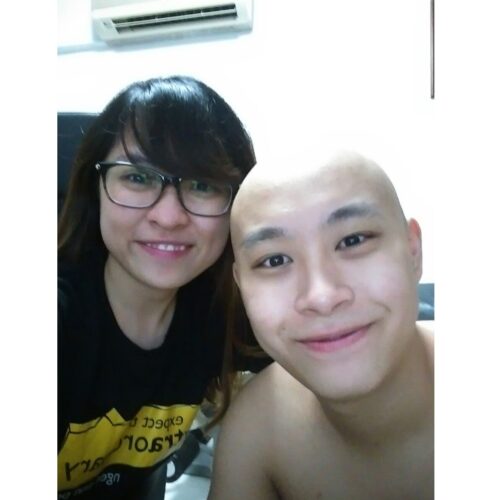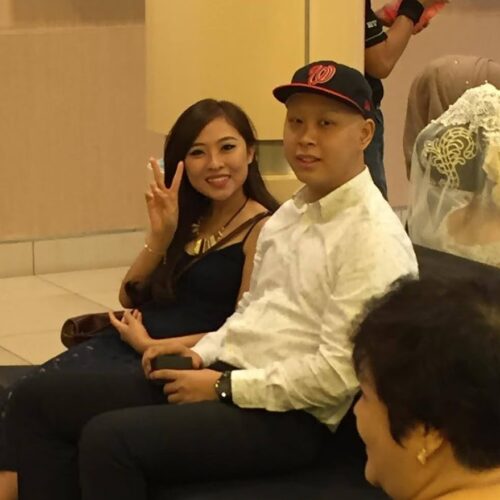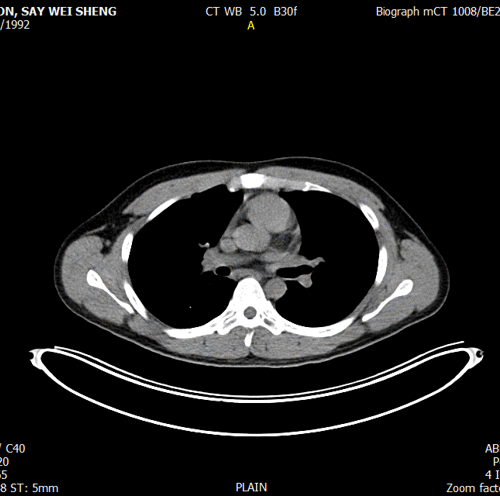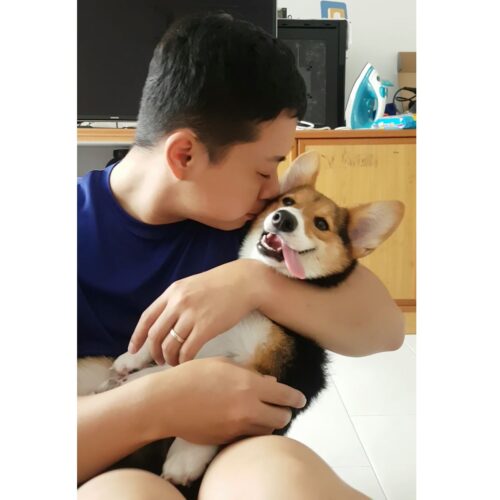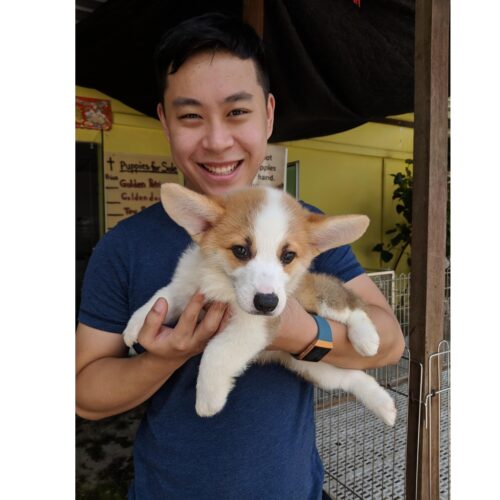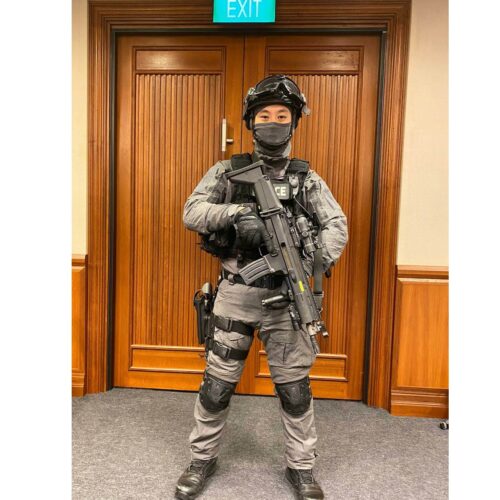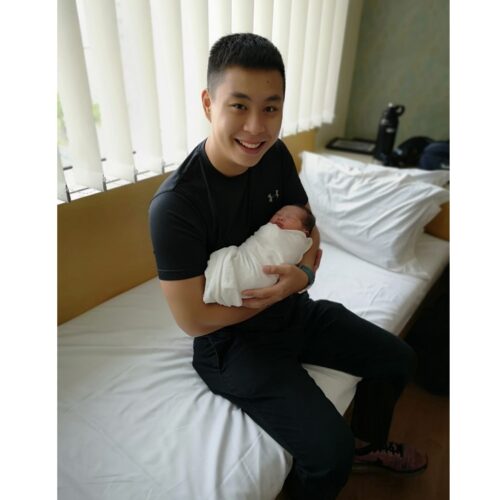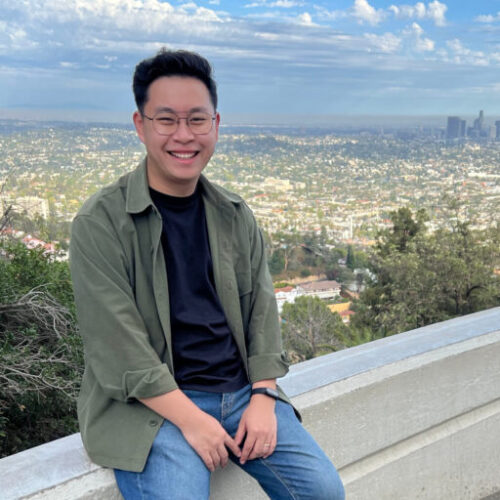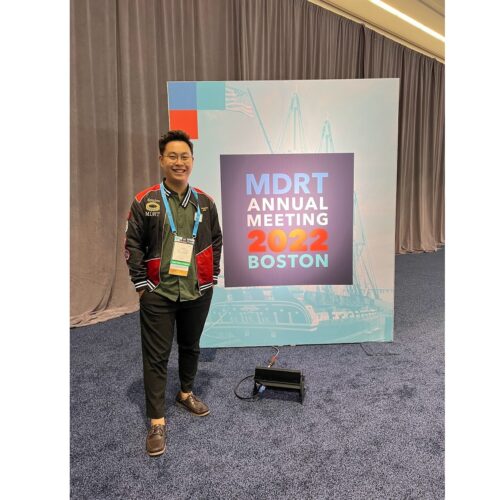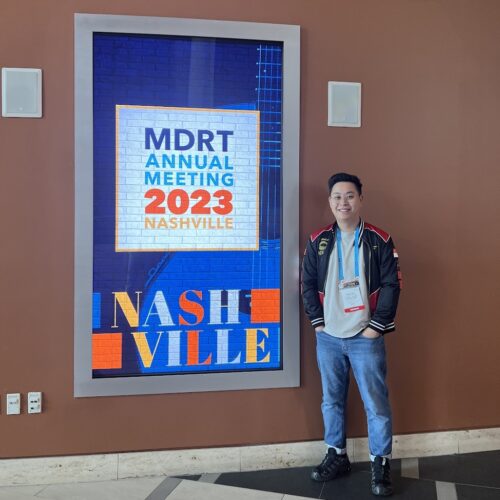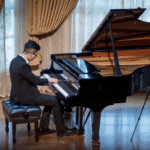
Bryan Soo
Pianist
Extremely capable and knowledgeable. Wilson looks out for your financial health holistically, starting with protection (who Wilson also goes above and beyond at doing). By looking after protection, can then your finances be predictable and secure. That is when he starts to explore how to grow your wealth. Throughout my whole experience with Wilson, he has never pushed any product upon me and I could always tell he always put my best interests at heart and plan according to that. Everything you’d want from a true financial manager!
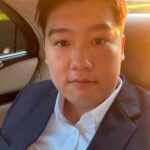
Benjamin Chew
Real Estate Consultant
Having worked with Wilson as my financial consultant, I couldn’t recommend him more highly. He is responsible and reliable, always making sure that my financial needs are well taken care of. What stands out most is his responsiveness—no matter the time, Wilson is quick to address any questions or concerns, which gives me great peace of mind.
Beyond that, Wilson is someone who can hold a genuine and thoughtful conversation. He takes the time to listen, understand, and explain, which makes the entire process comfortable and clear. His knowledge of the products and services he offers is impressive, and he is able to break things down in a way that is easy to understand.
Most importantly, Wilson provides value-added analysis and advice tailored to what I truly need, rather than just pushing products for the sake of selling. His focus has always been on my goals, not his, which is a rare and invaluable quality in this industry.
If you’re looking for someone trustworthy, approachable, and truly client-focused, Wilson is the consultant you want by your side.
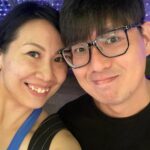
Cindy Lin
Administrative Executive
I first met Wilson Say through my husband, and I honestly can’t thank him enough for everything he has done for me. When my medical policy lapsed because of my previous advisor’s negligence, Wilson stepped in without hesitation. Even though the policy was not under his care, he kept following up and appealed on my behalf until the matter was resolved.
His patience, dedication, and genuine concern meant so much to me during that stressful time. I have since moved all my policies to him, knowing I can trust him completely. He understands my medical history and has advised me on other plans that truly benefit my situation.
Wilson is not just professional; he genuinely cares about his clients and always goes the extra mile. I am so grateful to have him as my financial advisor and would recommend him to anyone looking for someone trustworthy and committed.

William Tan
Civil Service
I have known Wilson Say for many years as we were work colleagues, and I have complete trust in him as my financial advisor. I moved all my policies under his care after experiencing poor advice from my previous advisor, who had recommended premium plans that offered little to no real benefit.
Wilson took the time to understand my needs and reviewed my portfolio in detail. He recommended practical and reasonable plans that not only save me money but also ensure long-term benefits for my family and me. His approach is always transparent, professional, and focused on what is genuinely in the client’s best interest.
With Wilson, I have peace of mind knowing my financial plans are well taken care of. I would highly recommend him to anyone who values honest advice, careful planning, and a trusted partner in financial matters.
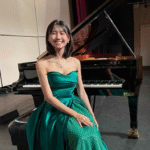
Zhu Yi
Pianist
I had zero experience with investing or insurance, but Wilson’s patience and professionalism made all the difference. He takes the time to explain everything clearly, breaking down complex ideas so they’re easy to understand. He never rushes and always makes sure I fully get it before moving forward.
What stands out most is his genuine care for clients. He’s one of the most responsible and kind agents I’ve ever met. Never pushy, never trying to sell me something I don’t need. Instead, he focuses on what’s truly best for me, making me feel heard, respected, and supported.
With Wilson, I feel completely confident I’m in good hands. If anything urgent comes up, I know I can reach out and he’ll guide me through it with clarity and reassurance. That kind of trust and reliability gives me real peace of mind.

Komalavalli
Teacher
Wilson helped to take over my insurance policies recently as I requested for a change in financial planner and he has been a very diligent and efficient financial planner. He took the time to meet me to go through all my policies and gave me a very thorough and clear explanation of my policies and gave me good useful suggestions on how I could switch some of my existing policies to more beneficial policies. He also did a prompt follow up and settled everything efficiently and promptly. When I needed to withdraw a sum of money from my policy he was extremely prompt in the administrative work and settled it ASAP. Truly thankful for his excellent and efficient service. Keep up the good work and fabulous service. Thank you! 🤗
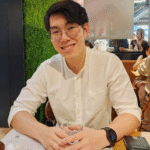
Pereira Yip
Software Engineer
I got to know Wilson purely by chance via foodpanda, and this turned out to be a great blessing.
During my search for insurance coverage, I've spoken to many agents from different providers. Wilson really stood out with how genuine, competent and attentive he is. He does not rush to sell high commission products related to investment, and will very attentively listen to your requirements and needs. This aligned very well with my desire of mainly having health coverage.
Wilson was also very patient with my many queries as I wanted to make sure I am making the right choice and not being over insured. Even though he'd have opportunities to earn even more by upselling, he warned me against getting more than I needed and to not fall into the trap of hoping to claim insurance.
Wilson is also extremely knowledgeable and well-versed in not just Prudential's policies, but also the competitors, giving an objective breakdown of the pros and cons between options.
Finally, Wilson is also extremely quick to respond and help, even when the matter is not related to insurance. With all these experience, I would consider Wilson more a friend than an agent.
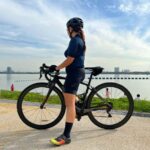
Mariko
Administrative Executive
To say that Wilson is an insurance agent is an understatement. Being very skeptical of insurance agents by nature, I wasn't really expecting much initially when he approached me but I decided to give it a shot anyway as he seems really sincere.
The experience I've always had from past agents is that they will only contact me as and when there is a new promotion to sell which I reckon is the norm. But Wilson is so much more... He always goes above and beyond his job to make sure that I'm having the best experience possible by remembering my birthday and inviting me for special events he organized just for his clients.
I remembered there was once I was suppose to have a zoom meeting with him but I was not well, the next moment i saw “liang teh” at my doorstep. Suffice to say, I now consider Wilson a friend of mine rather than just an agent and I'm thankful for the effort he put in to build a relationship with me.
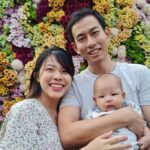
Benjamin and SynYu
Lab Technician
We first got to know Wilson while searching for maternity insurance. He recommended a suitable plan according to our needs and finance. Not only that, Wilson takes a holistic view on insurance coverage and went above and beyond to ensure all aspects were covered in our existing plans. He reviewed all our insurance policies from other companies and pointed out shortfalls in our coverage, sharing better alternatives in both coverage and cost.
He was very knowledgeable on the different policies offered in the market and shared a lot of valuable experiences with claims.
Wilson is also very prompt in replying to queries and responds in a very comprehensive and easy to understand manner.
His easygoing mannerism and thoroughness when it came to claims gives us peace of mind having him as our advisor.
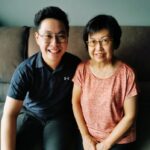
Nancy Goh
Retiree
Wilson is a former colleague of my son. Recently, I had a sprain during my morning exercise and experienced some pain and swelling on my left leg. I seek treatment from a Chinese “Sin Seh” which did not help and eventually see a doctor about two weeks later. I am covered under an accident plan which is from another company. I did not have the knowledge on the claim procedure and thus consulted the agent whom I bought the plan from. Unfortunately, the response from the latter was a nonchalant one. I felt helpless and decided not to proceed with the claim as the amount is not substantial.
My son shared my situation with Wilson who visited me immediately. He took the time to go through my policy and assisted me to submit the claims online. I have since successfully been reimbursed on the amount resulting from my multiple medical bills.
Wilson is extremely sincere and approachable when he assisted me in my claim submission. In fact, he visited me twice and also follow up on the outcome of the claim. I did not buy any policy from him but yet he helped me as though he was my servicing agent. I just wish to sincerely thank him from the bottom of my heart.
It was a unique and pleasant experience knowing this driven and humble young man. I hope my true story will help others know Wilson better. From the way he does his business, I am pretty confident he will excel in this field where personalised service and knowledge does matter! All the best and once again, Thank you very much!
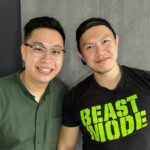
Nicholas Wong
Civil Service
When Wilson approached me to review my insurance policies, I thought - why not? It's been a long time since my previous insurance agent contacted or updated me about it.
After going through my policies with Wilson, I found out that some of my long-brought insurance have already been underperforming and they are also not relevant to the current market and might not benefit as much as they used to.
So we went through my options for my current policies, he also shared better beneficial policies with me. Throughout the session, Wilson was helpful and knowledgeable. I was very assured under his care and shifted all my old policies to be better managed by him.
Thankfully, Wilson has been my insurance agent for the past years and has constantly updated me about the current market, trends and policy changes. He is very friendly and approachable and was very prompt in response whenever I have enquiries about certain policy claims.
For example, I told him about a medical claim I wish to be reimbursed, and he promptly arranged a session with me and did the claim within minutes. Wilson is a reliable and responsible Insurance agent and a friend. It is my pleasure to be his client and friend.
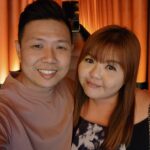
Eric Ting
Civil Service
I was quite skeptical and had my doubts about reviewing my insurance with Wilson especially when I already have a insurance agent from another company that has been serving me for many years. Nevertheless Wilson is very patient and knowledgeable although he is new, he was able to answer to all my queries and did a very complete and detailed review for all my policies and that was when I realised that my current policies that I have may not be benefitting me that much. After doing some comparison coupled with his advice, I decided to switch to Prudential as the benefits are definitely better.
Although there was some hiccups during the approval of the policies, due to my health declaration, but eventually everything was cleared. I was very impressed with Wilson's level of commitment. He has gone the extra mile in helping me to find the doctor, which I have consulted many years back, to clarify on my medical status. Not to mention that the clinic has already closed and the doctor was transferred to other clinic. He went through all the trouble and even accompanied me to the clinic personally.
Wilson's sincerity and thoughtfulness is what makes me switched all my family members policies to Prudential. Even after getting policies from him, he is still very proactive and always updating me of any new changes.
